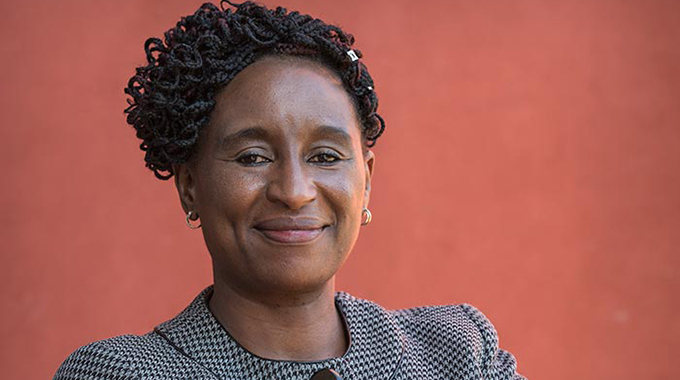Zim to register new HIV prevention intervention

Paidamoyo Chipunza Senior Health Reporter
The European Medicines Agency, an agency of the European Union responsible for scientific evaluations, supervision and safety monitoring of medicines in the EU, has acceded to the use of an antiretroviral drug, dapiravine, through a vaginal ring to prevent HIV acquisition by women.
Last week the agency announced that the International Partnership for Microbicides (IPM) who developed the product could begin the process of registering its use by women in different countries across the continent.
The study, which was conducted in seven countries from Southern Africa saw 678 women from Zimbabwe taking part in the efficacy trials.
Speaking to journalists during a virtual press conference over the weekend, the study’s principal investigator Dr Nyaradzo Mgodi from the University of Zimbabwe, which was in collaboration with the University of California-San Francisco (UZ-UCSF), welcomed the positive opinion from the agency.
She said quick availability of the intervention to vulnerable women in Africa would go a long way in empowering them against HIV transmission.
“We are really excited about this positive opinion from the agency and this means we can now start engaging countries on possible registration of the ring for use by women in the respective countries,” said Dr Mgodi.
She said in Zimbabwe, they would engage with the Medicines Control Authority of Zimbabwe (MCAZ), which is mandated to review and regulate all pharmaceutical products used in the country.
Although the time frame for the registration process would be determined by the MCAZ, Dr Mgodi said she was looking forward to a quick process so that women could easily access it.
She said she was also not yet sure how much the product would cost, but emphasised that the motive behind the clinical trial was to come up with a product that was effective, affordable and accessible for women in Sub-Saharan Africa.
EMA’s chief executive officer Dr Zeda Rosenberg applauded the sterling work by researchers and the women who participated in the trials.
“This achievement is testament to what partnerships can accomplish. We applaud the researchers in Africa, Europe and the US who expertly conducted studies that brought the ring to this exciting point-and especially thank the pioneering women who participated in the studies for their commitment to finding new woman-centred options that can fill a critical gap in the HIV prevention portfolio,” said Dr Rosenberg.
Clinical trials meant to provide evidence to support licensure of the dapivirine vaginal ring, which started in 2012 and ended in 2015, showed at least 27 percent effectiveness.
Many other studies have shown that ARVs are highly effective in preventing HIV, but how they are delivered was the issue among women.










Comments